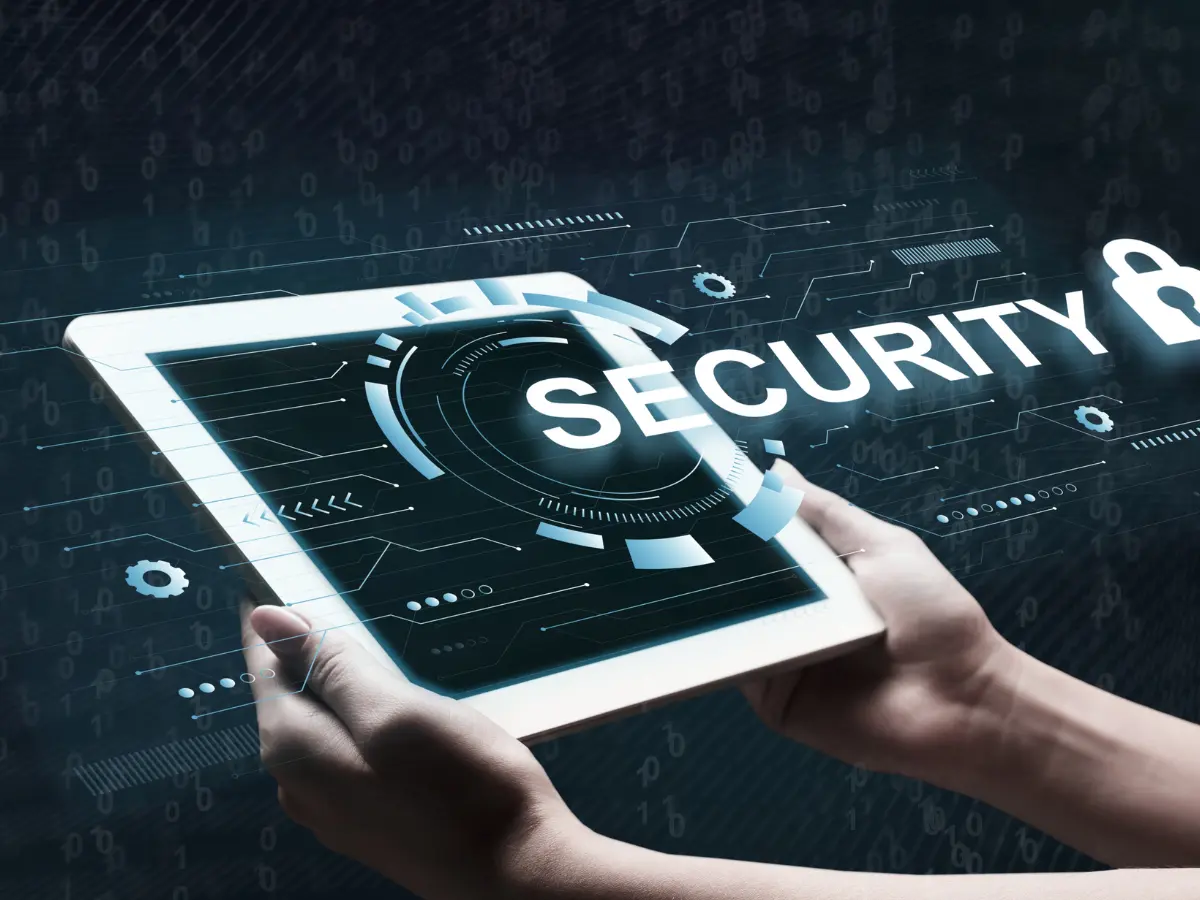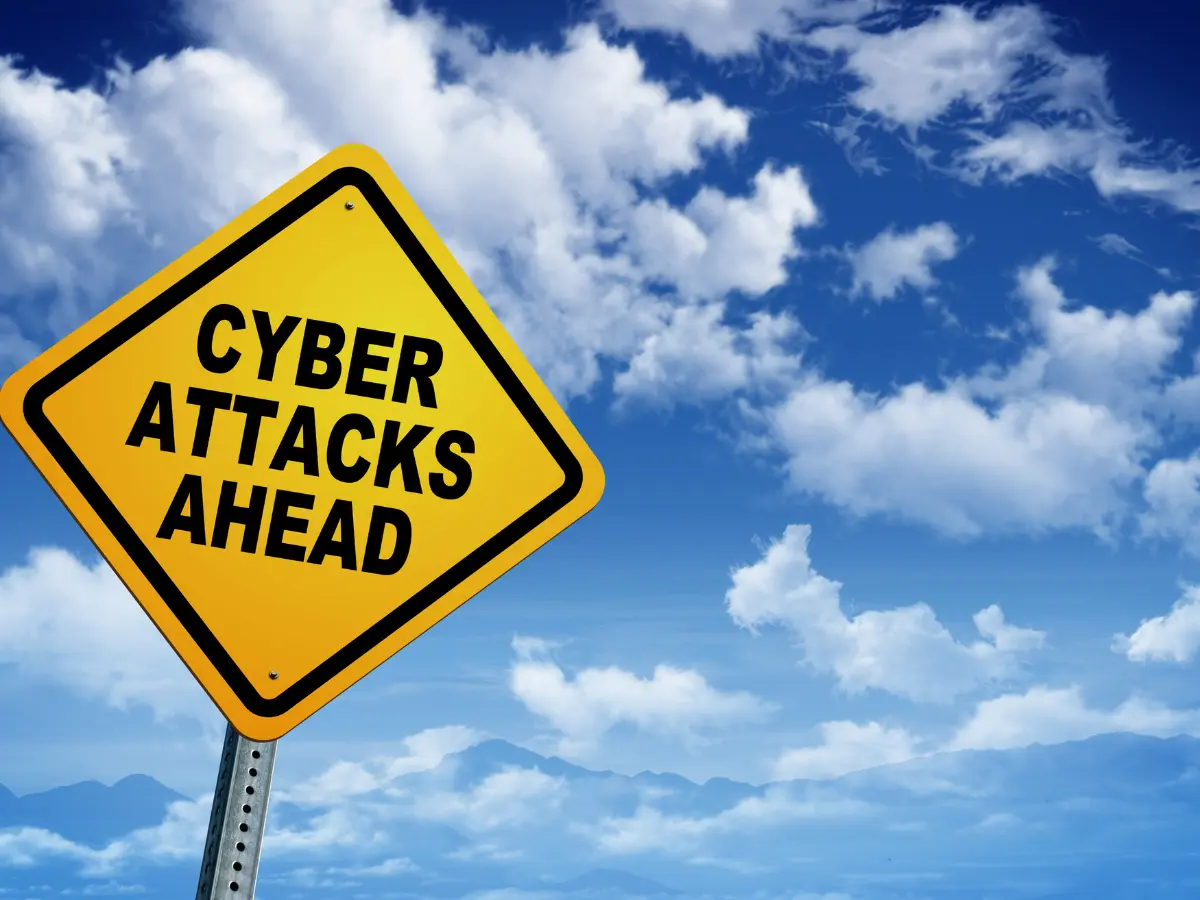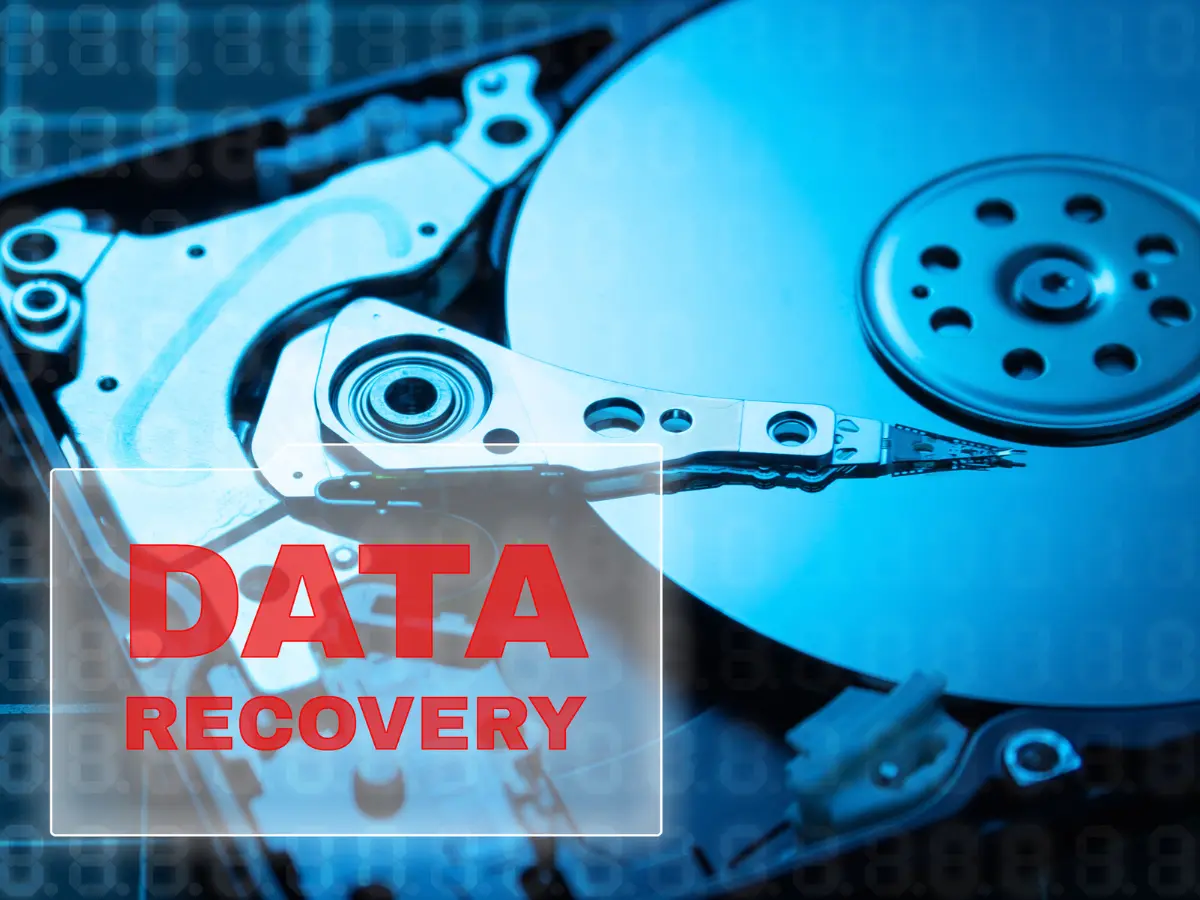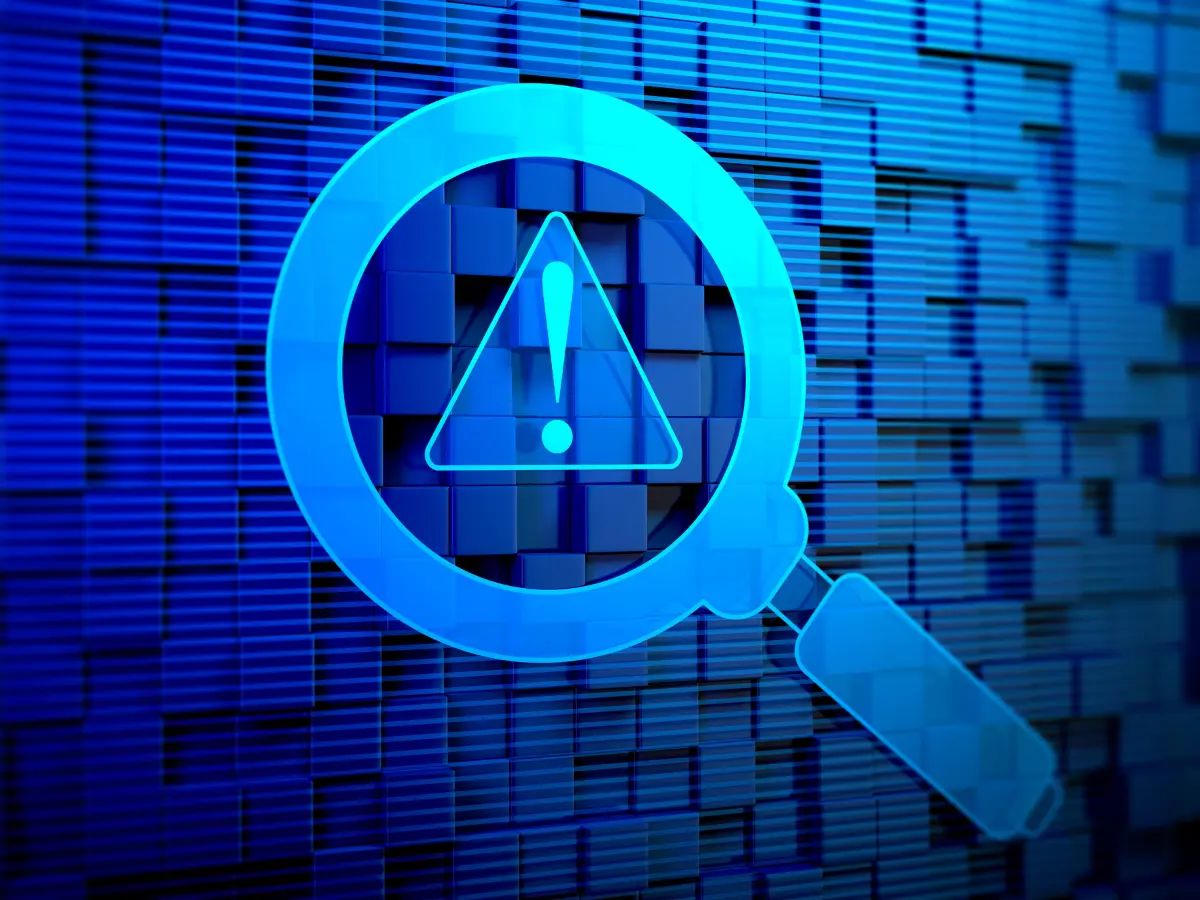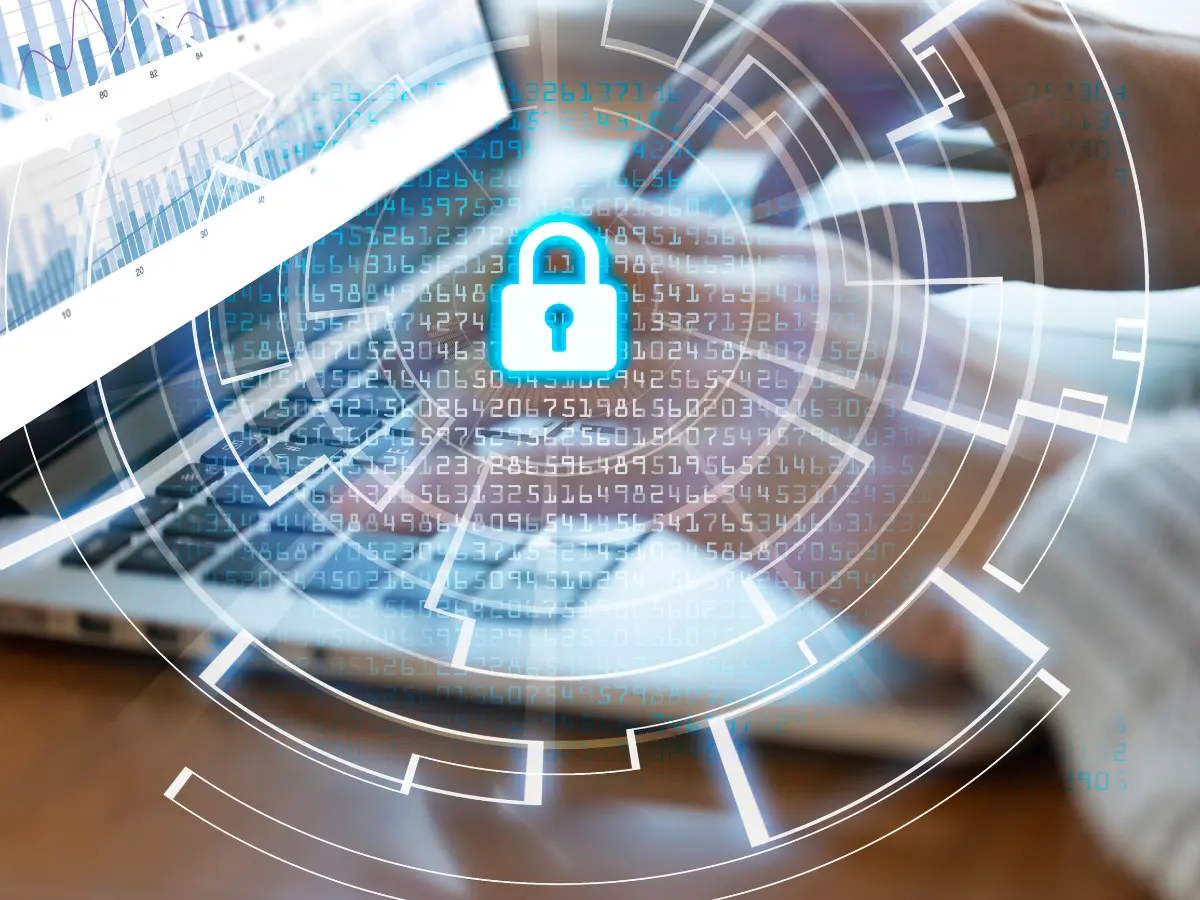To be clear, cybercriminals do not only target large banks and multinational corporations. In 2025, Nigerian small and medium-sized enterprises (SMEs) are just as vulnerable, if not more vulnerable. Why? The majority of SMEs lack the specialised cybersecurity knowledge, sophisticated tools, and full-time IT teams that large corporations have.
Attackers are aware of this. They view SMEs as low-hanging fruit because they are simpler to penetrate, react more slowly, and are more likely to pay up when things go wrong.
That’s where smart cybersecurity practices and trusted IT support come in.
A reputable Managed Service Provider (MSP) can provide enterprise-level protection without the enterprise-sized price. Your business will be safe with MSPs because they have the tools and skills to keep it safe, such as 24/7 tracking, threat detection, and training for employees.
Let’s break down the top SMEs cybersecurity Risks Nigerian businesses face in 2025—and how you can prevent them before they strike.
Read more about GDPR Compliance for SMEs
1. Phishing Attacks Aimed at Your Employees
Phishing is still the #1 threat to Nigerian SMEs. No, these aren’t your average “Nigerian prince” emails anymore. Today’s phishing attacks are very well planned, very sophisticated, and often look like real business communication. In many situations, they are disguised as internal emails from human resources, executives, or trusted vendors.
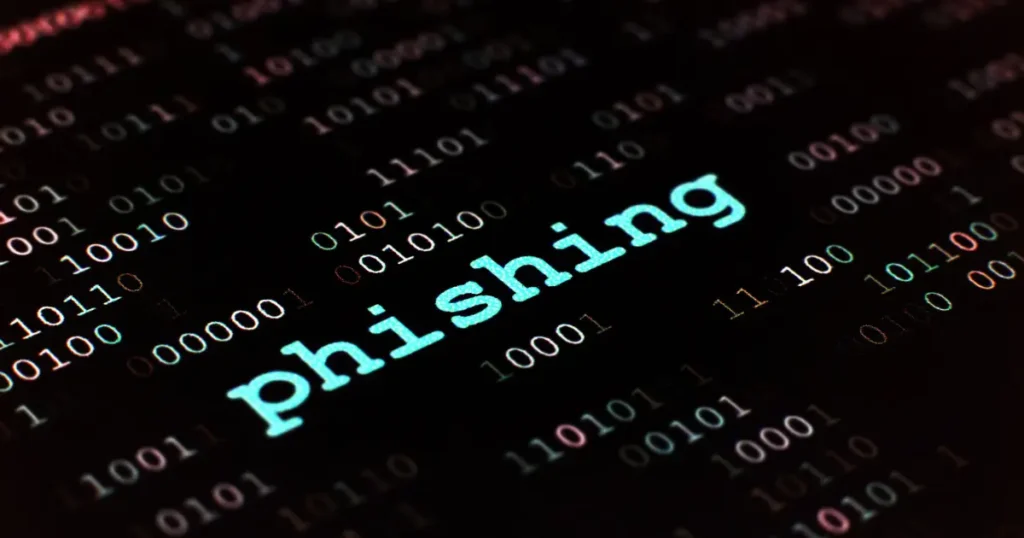
It is possible to trick employees into clicking on harmful links, downloading viruses, or putting their login information into fake login pages. Once inside, attackers can steal critical information, divert funds, or install ransomware.
How to prevent phishing:
- Train your team to spot suspicious emails (look for misspellings, urgent tone, or mismatched email addresses).
- Use two-factor authentication (2FA) for all email and financial accounts.
- Deploy email filtering and threat detection software.
- Set up approval workflows for large or unusual financial transactions.
2. Ransomware Attacks
Ransomware attacks are very bad for business, and small and medium-sized businesses are now the main targets. Studies show that more than 60% of small and medium-sized enterprises (SMEs) that are attacked by ransomware close down within six months.
These attacks encrypt your important files and demand that you pay for the decryption key, which is usually done in cryptocurrency. Even if you pay, restoration isn’t always guaranteed, and the downtime can cost tens or hundreds of thousands of dollars on its own.
How to prevent ransomware:
- Regularly back up your data to a secure cloud and an offline drive.
- Install strong antivirus and anti-ransomware tools.
- Keep software and operating systems updated.
- Avoid downloading unverified attachments or software.
3. Weak Passwords and Poor Access Control
There are a lot of small businesses in Nigeria that still use weak passwords or share logins for multiple employees. This is a bad idea because over 80% of hacking-related breaches involve credentials that have been stolen.
Cybercriminals love weak passwords, reused logins, and not using multi-factor authentication (MFA). To make matters worse, SMEs often use shared logins for multiple users, which makes it very hard to keep track of who’s doing what.
How to improve access security:
- Use a password manager to create and store complex, unique passwords.
- Enforce 2FA across all business tools and applications.
- Set clear access controls; not every staff member needs access to everything.
- Revoke access immediately when an employee leaves.
4. Unsecured Wi-Fi and Remote Work Vulnerabilities
As more Nigerian SMEs use remote and hybrid work methods in 2025, cybersecurity borders have expanded well beyond office doors.
A lot of people who work from home connect to company networks using public Wi-Fi that isn’t safe or personal devices that don’t have the latest security. It’s like leaving the front door of your office wide open when you use old software.
Hackers regularly look through the internet for companies that use older versions of browsers, operating systems, or apps that have known security holes. A lot of attackers use this method to get a base.
SMEs don’t always have the time or insight to keep up with updates, especially if they have to deal with old systems or complicated tech stacks.
How to protect remote teams:
- Use Virtual Private Networks (VPNs) for all business-related internet access.
- Provide company-owned and managed devices where possible.
- Implement endpoint detection and response (EDR) solutions.
- Educate employees on safe remote work practices.
5. Insider Threats — Malicious or Negligent Employees
Not all threats to your computer come from outside sources. In 2025, many Nigerian SMEs will have security breaches that were made by workers, either on purpose (theft or sabotage) or by accident (falling for a scam, messing up settings, etc.).
People at work could click on the wrong link, delete important files, or leave a USB drive with private information in a coffee shop.
Even worse, if you don’t stop them, angry employees who have access to private information can do a lot of damage. And most businesses don’t see it coming if they don’t keep an eye on things.
How to reduce insider risks:
- Define clear data usage and cybersecurity policies.
- Monitor user activity on critical systems (ethically and legally).
- Segment access to sensitive data based on roles.
- Provide ongoing cybersecurity training and refreshers.
Read more about the A Comprehensive Guide on Data Security and Compliance for SMEs
Work With a Cybersecurity Partner
Most SMEs don’t have the resources for an in-house cybersecurity team. That’s why partnering with local cybersecurity companies in Nigeria, like Johan Consults, can help you implement best practices, monitor your systems, and respond to threats quickly.
We can conduct a cybersecurity audit and guide you through frameworks like ISO 27001 — essential if your SME handles financial, health, or identity data.
How Johan Consults Can Help
- Customised training for staff on cybersecurity.
- Implementing network security options that are affordable.
- Guidance on how to follow the NDPR and other foreign rules.
Conclusion
Cybersecurity is critical for Nigerian SMEs’ long-term survival and growth. Businesses that apply these practices can protect their operations, maintain customer trust, and comply with data protection laws. Take steps today to protect your business—don’t wait for an attack to happen.

